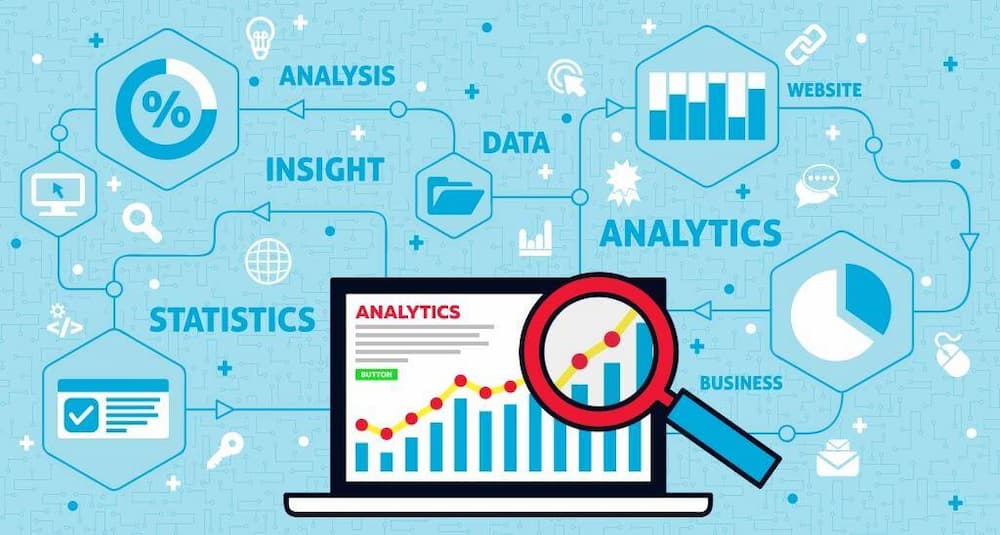Table of Contents
- Introduction
- What is a Cloud ERP system, and How Does it Benefit Businesses?
- Exploring the Benefits of Cloud ERP Systems for Small Businesses
- How to Choose the Right Cloud ERP System for Your Business
- The Pros and Cons of Cloud ERP Systems
- Understanding the Security Implications of Cloud ERP Systems
- Conclusion
Introduction
Envision a solution that could optimize all aspects of your company’s operations, ranging from supply chain management and finance to customer service and human resources. For organizations today, cloud ERP systems accomplish precisely that. These systems are revolutionary forces that improve operational efficiency and decision-making while providing scalability and large cost savings. They are more than just technical advancements.
What is a Cloud ERP System and How Does it Benefit Businesses?
Are you sick and weary of paying for recurring hardware upgrades? Cloud ERP solutions provide a seamless, scalable, secure, and globally accessible corporate management environment by hosting services on the cloud, hence eliminating these headaches. The ability to access real-time data conveniently from any device improves operational flexibility and decision-making, which makes these systems a vital tool for contemporary enterprises.
Key Benefits:
Cost-Effectiveness: With Cloud ERP’s subscription approach, you may avoid the upfront expenses of traditional solutions.
Scalability: The capacity to quickly scale up or down your resources without requiring physical infrastructure as your company expands.
Security: Reputable cloud services come with strong, multi-layered security features.
Accessibility: Use any internet-connected device to run your business while on the go.
Examining Cloud ERP Systems’ Advantages for Small Businesses
Efficiency and cost control are frequently the top concerns for owners of small businesses. These are addressed by cloud ERP solutions, which offer a unified solution that grows with your company’s demands. Imagine being able to spend less time entering data by hand and more time interacting with clients and expanding your company.
Tamer, CEO of Singleclic, shares his insights: “Moving to a cloud ERP system was a game-changer for us. It not only reduced our IT costs but also allowed us to respond faster to market changes and customer needs.”
How to Choose the Right Cloud ERP System for Your Business
Choosing the right Cloud ERP system is crucial. It’s like picking a new team member who will work tirelessly behind the scenes. Here’s how you can make an informed decision:
Determine Your Requirements: Determine which important aspects of your company require better, then make sure the ERP system provides answers.
Think About the Costs: Look past the price on the label. Think about the long-term savings from less IT overhead and operational effectiveness.
Look for Integrations: Make sure the system works in unison with the tools and procedures you already have.
Vendor Assistance: Select a supplier renowned for top-notch training materials and customer service.
Positives and Negatives of Cloud ERP Systems
Even though cloud ERP systems have many benefits, it’s crucial to approach them objectively.
Advantages:
Savings: Because of their subscription arrangements, they are typically less expensive than traditional systems.
Scalability: They easily integrate additional features and users as your organization expands.
Enhanced Security: Housed on safe servers that have the most recent defenses against online attacks.
Disadvantages:
Internet dependence: The dependability of your access depends on your internet connection. Ever attempted to watch a video on a sluggish connection? Yes, it is frustrating.
Privacy worries: Although strict security measures help to reduce this, data stored off-site may cause privacy worries.
Integration Difficulties: They might not function properly with certain legacy, older systems.
Understanding the Security Implications of Cloud ERP Systems
The transition to a cloud-based ERP system presents some security considerations and obstacles. Ensuring the implementation of strong security protocols is crucial in safeguarding confidential company information. To ward off potential cyber dangers, this includes end-to-end encryption, robust authentication procedures, and frequent security audits. Instead of letting security worries stop you, use them as a guide to help you make wise, secure decisions regarding the handling of your data.
Conclusion
Cloud ERP solutions are strategic assets that have the potential to significantly increase productivity and growth beyond simple business tools. Their combination of affordability, expandability, and ease of use has the potential to revolutionize small and medium-sized enterprises. Businesses can benefit from increased productivity and better decision-making skills by selecting the appropriate system and utilizing it to the fullest extent possible.
Ready to transform your business? Explore leading solutions like Microsoft Dynamics 365, Odoo, and IBM to start your journey towards a streamlined, efficient future. And check out our services here to see how we can help you get that journey started!










